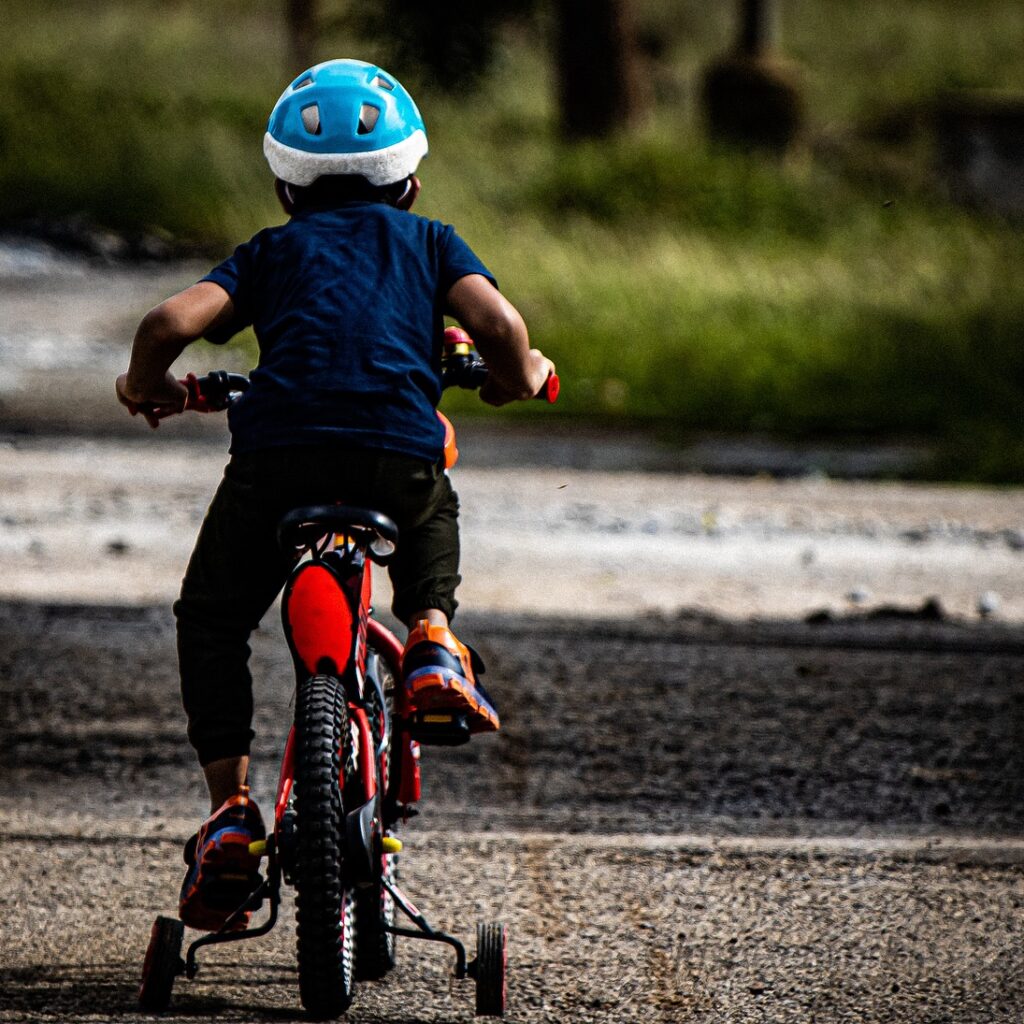I was in a nice restaurant recently when a man was seated nearby and continued to wear a baseball cap. Didn’t his parents teach him that you never wear a hat at the table? someone asked. Of course, this prompted a familiar conversation called, Don’t People Know This These Days? And then we got stuck into various stories of skills, manners and common-sense things that were sorely lacking in everyone but ourselves.
Let me confess, upfront, that among my skill deficiencies, I can’t sew on a button. I take them to the drycleaner, who rolls his eyes at me, but does them anyway.
But back to pointing the finger at others, I wonder, what are those skills or manners we should impart to our children, long before they arrive in the adult world? I started asking around.
One friend told me she’d had to teach a younger employee how to address an envelope and had to explain the concept of postcodes. Another asked their assistant to stamp a pile of handwritten invitations to an event, and she put all the stamps in the bottom left corner. I’d encountered a very bright student temp who didn’t know how to take a message over the phone. He was too young to remember landlines at home and so was never taught to ask for the basic details necessary for a useful message. That’s nothing, said another friend, I recently had to explain the term clockwise to a very smart young man. He did not know how to tell the time on a clock face, and therefore, had no idea which way a second hand moved.
To be clear, this is not a beat up on young people. A very senior colleague told me that he could not swim. At first, I was shocked, but then I felt sorry for this man. How does it feel to be on any sort of boat, or even a bridge or jetty, and know that you cannot survive in the water? What happens at any social gathering near water, when you can only splash in the shallows, and potentially watch your children swimming beyond your reach?
And I had a similar moment of bewilderment when I shared a house with a guy who, by his mid-twenties, had never washed or dried a dish. How did this happen? He told us. His Mum always did it. He was, at that time, learning to fly a plane. We wonder why we have colleagues who never keep the communal office kitchens tidy. It might be bludging, but it might also be that they don’t know how.
I assumed, long ago, that everyone knew how to manage a bank account, until I met people who could not. There are other skills that I have taken for granted, such as the ability to read, use a knife and fork, drive a car, ride a bike, write in cursive, and make toast.
Can Your Child Tie His Laces? asked journalist Miranda Ingram, who was inspired to write a piece for the UK’s Times after organising a children’s swimming party. She had discovered a couple of ten-year-olds who could not tie their laces. Mum always does it – they said. Ingram then listed a host of confidence building skills that she believed parents were duty bound to teach their kids. The list included handwashing a piece of clothing, ironing a shirt, cleaning and dressing a wound, finding their way home and using public transport, changing a lightbulb or battery, cooking a meal, and making a bed. And she had sewing on a button at the top. (Alright Miranda!) Skills build confidence, she wrote, and if we fail to teach such things, we trap our children in perpetual babydom. Every skill is a stride toward independence.
My grandmother made me learn to shake hands until my grip was firm. Weak people give weak handshakes, she said. She was doing me a favour, but I didn’t know it at the time. I was busy nursing my aching hand.
And speaking of favours, the man in the hat was clearly on a first date. It wasn’t going well. You could tell. Perhaps it began to fail from the minute she showed up and saw the hat. Should I, a stranger, have quietly suggested that he remove it – as a kindness? I didn’t, of course, but I do think that’s what it boils down to. It is a kindness to be taught these things, though we may not think so at the time. And I thank those people who took the time to set me up, sometimes in small ways, to cope a little better with life.

Interesting – and last week’s feature in the Guardian weekend supplement was ‘Not Going Out’, which looked at how teenagers and twentysomething’s became the homebody generation. Not going out seem to have a negative impact on social skills. Is this partly upbringing? That article proposes: “Today’s young adults were, as children, subject to furious debates about so-called helicopter parents micromanaging every move. Once their parents stopped organising playdates and started expecting them to make their own fun, were some simply unsure where to start?” I quite liked the proposal for the ‘rewilding’ of hesitant teenagers …